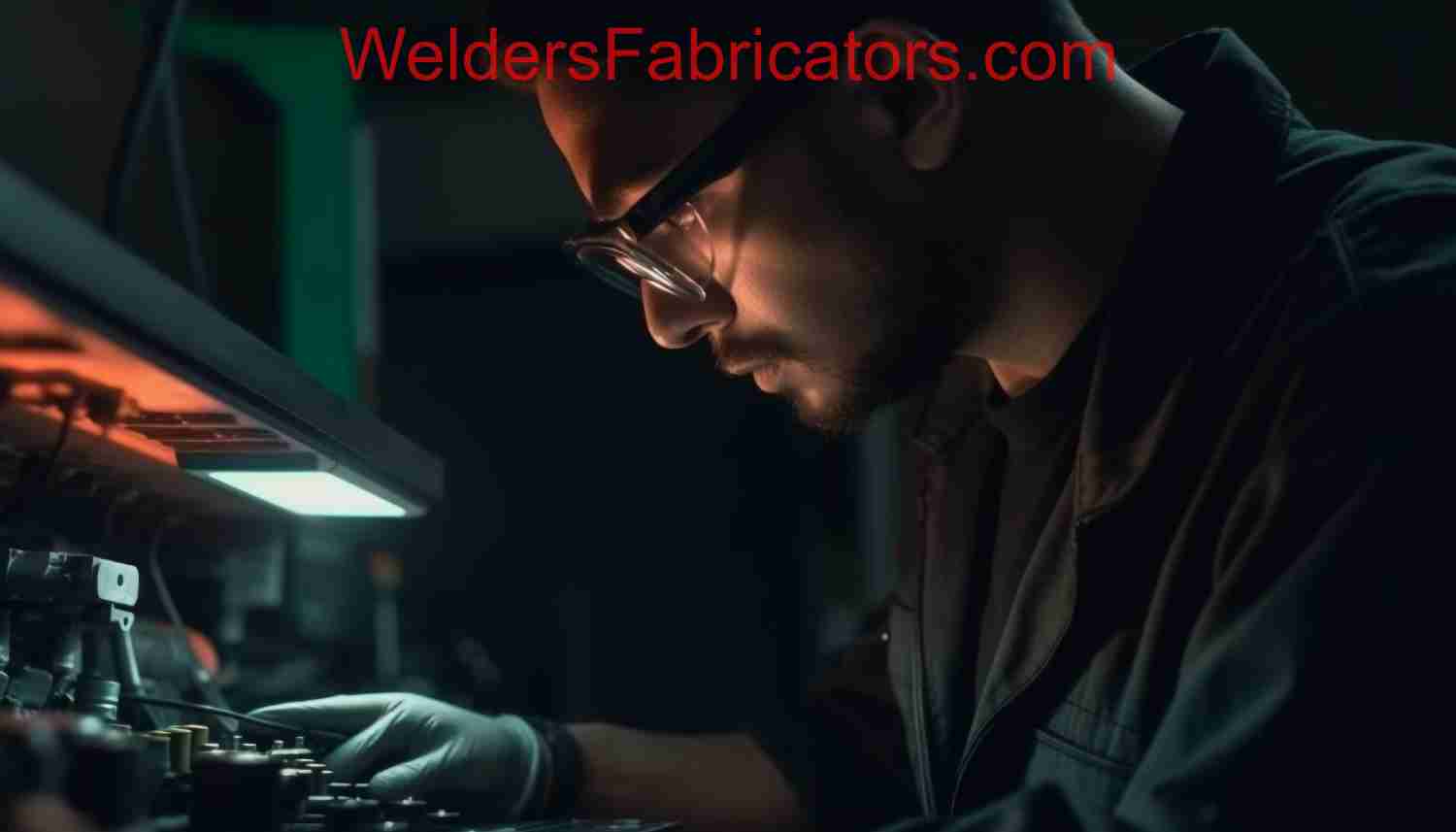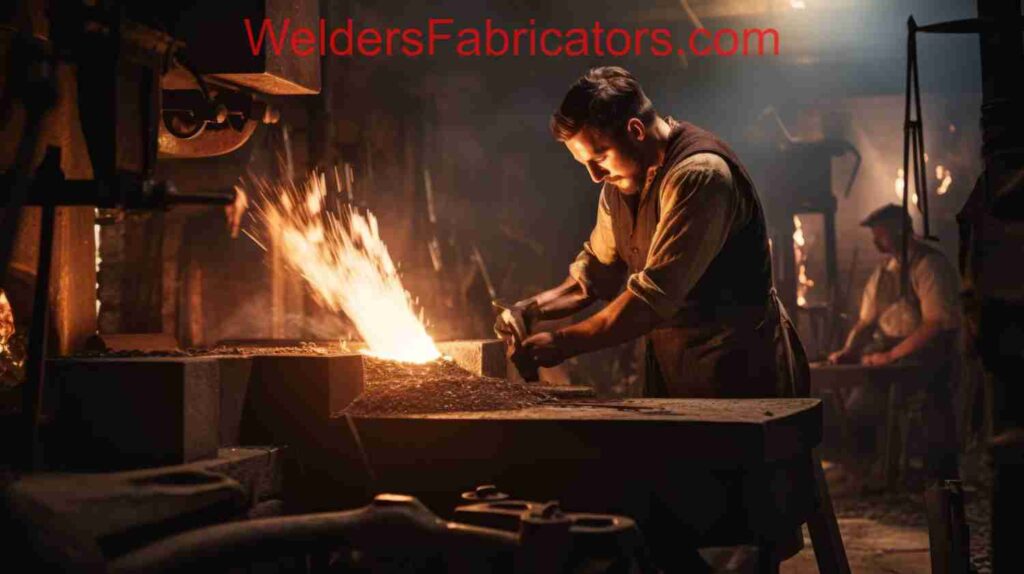
The allure of global expansion beckons, and for a welding and fabrication company, planting roots in another country can offer new markets, skilled labor, and exciting opportunities. However, before setting your arc to “international,” navigating the labyrinth of legal and regulatory requirements is crucial.
The Landscape of Regulations:
- National Level: Every country has its own set of rules and regulations governing welding and fabrication activities. These typically cover workplace safety, environmental protection, product quality, and labor standards. Familiarize yourself with the specific regulations of your target country, often accessible through government websites or business associations.
- Local Level: Local regulations can impose additional requirements, so research the specific laws and permits needed in your chosen region. Zoning restrictions, environmental impact assessments, and local taxes may vary within a country.
- Industry Standards: International standards like ISO 3834 and AWS D1.1 set benchmarks for welding quality and procedures. Adhering to these standards can enhance your product acceptance and market reach.
Key Regulatory Hurdles:
- Business Registration and Licensing: Understand the type of business entity you need to establish in the chosen country and the registration process involved. Obtaining necessary licenses for welding and fabrication activities is essential.
- Safety Compliance: Implementing robust safety protocols and ensuring compliance with local workplace safety regulations is vital. Invest in proper training and safety equipment for your employees.
- Environmental Permits: Depending on your operations and materials used, environmental permits may be needed. Familiarize yourself with waste disposal regulations and environmental impact assessments required.
- Import and Export Regulations: Understand the import and export regulations for your equipment and materials. You may need specific permits or comply with customs duties and trade agreements.
- Labor Laws: Labor laws regarding employee contracts, compensation, and benefits differ drastically between countries. Understanding and adhering to these laws is critical to avoid legal troubles.
Partnering for Success:
- Consult Local Experts: Collaborate with lawyers, consultants, and industry associations familiar with the local regulations. Their expertise can save you time, money, and potential legal headaches.
- International Certifications: Obtaining relevant international certifications can demonstrate your commitment to quality and safety, and improve market access.
- Building Relationships: Foster positive relationships with local authorities and industry players. This can facilitate the regulatory process and build trust with your stakeholders.
Remember, legal and regulatory compliance is an ongoing process, not a one-time hurdle. Stay informed about regulatory updates, invest in compliance infrastructure, and seek professional guidance when needed.
By navigating the legal and regulatory landscape with proactive planning and expert support, your welding and fabrication venture can ignite success in any corner of the globe. The world awaits your sparks, but make sure you have the right permits to fly!
